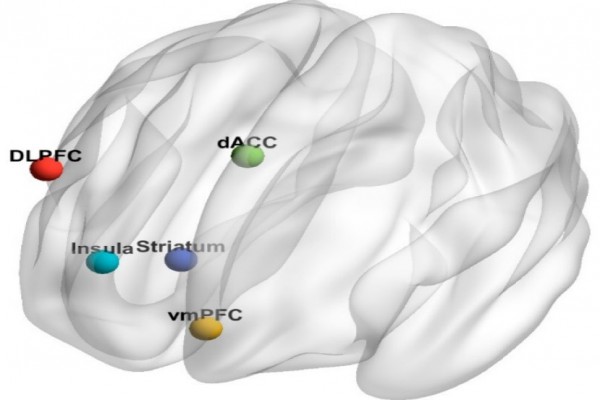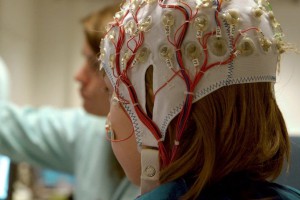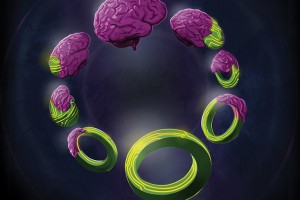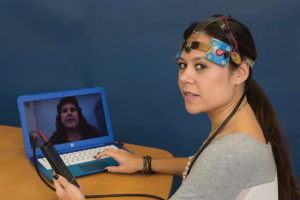Using functional connectivity changes associated with cognitive fatigue to delineate a fatigue network
Cognitive fatigue, or fatigue related to mental work, is a common experience. A growing body of work using functional neuroimaging has identified several regions that appear to be related to cognitive fatigue and that potentially comprise a “fatigue network”.
Cognitive fatigue, or fatigue related to mental work, is a common experience. A growing body of work using functional neuroimaging has identified several regions that appear to be related to cognitive fatigue and that potentially comprise a “fatigue network”. These include the striatum of the basal ganglia, the dorsolateral prefrontal cortex (DLPFC), the dorsal anterior cingulate cortex (dACC), the ventro-medial prefrontal cortex (vmPFC) and the anterior insula.
However, no work has been conducted to assess whether the connectivity between these regions changes as a function of cognitive fatigue. We used a task-based functional neuroimaging paradigm to induce fatigue in 39 healthy individuals, regressed the signal associated with the task out of the data, and investigated how the functional connectivity between these regions changed as cognitive fatigue increased. We observed functional connectivity between these regions and other frontal regions largely decreased as cognitive fatigue increased while connectivity between these seeds and more posterior regions increased. Furthermore, the striatum, the DLPFC, the insula and the vmPFC appeared to be central ‘nodes’ or hubs of the fatigue network. These findings represent the first demonstration that the functional connectivity between these areas changes as a function of cognitive fatigue.





Related Posts